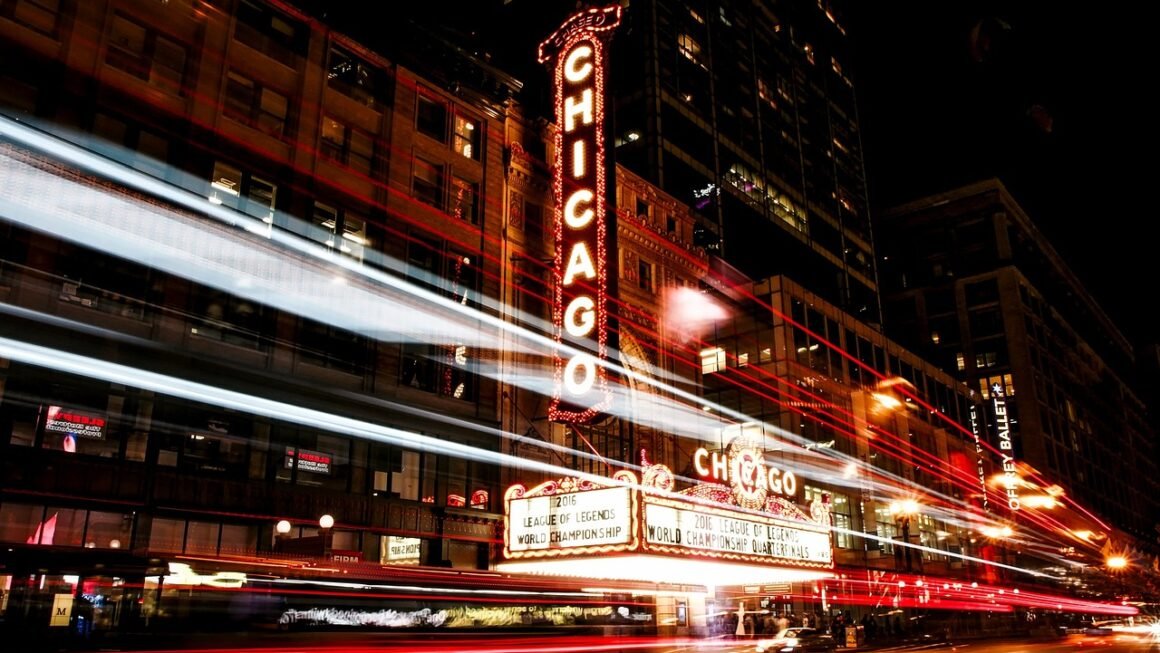Festivals: A Celebration of Culture, Community, and Shared Experiences
Festivals are more than just days off work or opportunities to party. They are vibrant expressions of culture, history, and community spirit, offering a unique window into the soul of a place and its people. From ancient harvest celebrations to modern music extravaganzas, festivals provide a platform for shared experiences, artistic expression, and the preservation of traditions. Let’s dive into the captivating world of festivals and explore their significance.
The Cultural Significance of Festivals
Festivals are deeply rooted in human history and serve as vital threads in the fabric of our societies. They provide a space for collective identity and shared heritage.
Preserving Traditions
Festivals often celebrate historical events, religious beliefs, or cultural practices that have been passed down through generations.
- Example: Diwali, the Hindu festival of lights, celebrates the victory of good over evil and is marked by lighting lamps, exchanging gifts, and enjoying festive meals.
- Example: Chinese New Year, also known as the Spring Festival, involves family reunions, dragon dances, and the giving of red envelopes containing money, symbolizing good luck and prosperity.
- Actionable Takeaway: By participating in festivals, we actively contribute to the preservation of valuable cultural traditions.
Promoting Community Cohesion
Festivals bring people together, fostering a sense of belonging and strengthening social bonds.
- Benefits:
Encourage interaction among diverse groups.
Promote understanding and tolerance.
Build social capital within communities.
- Example: Local county fairs often feature agricultural displays, craft exhibits, and carnival games, uniting residents from rural and urban areas in a shared celebration of their community.
- Actionable Takeaway: Seek out local festivals to connect with your community and experience the power of shared celebration.
Types of Festivals Around the World
The world is a tapestry of diverse cultures, each with its unique festivals and celebrations.
Religious Festivals
These festivals are centered around religious beliefs, deities, and sacred events.
- Example: Christmas (Christianity) celebrates the birth of Jesus Christ and is marked by religious services, gift-giving, and festive meals.
- Example: Ramadan (Islam) is a month of fasting, prayer, and reflection, culminating in the Eid al-Fitr celebration, a joyous occasion marked by feasting and charitable giving.
- Actionable Takeaway: Respect the religious significance of these festivals and be mindful of cultural customs when participating.
Music Festivals
Music festivals are a global phenomenon, attracting music lovers from all walks of life.
- Examples:
Coachella (USA): A multi-genre music and arts festival held in California.
Glastonbury (UK): A legendary performing arts festival featuring music, theatre, comedy, and more.
Tomorrowland (Belgium): An electronic dance music festival known for its spectacular stage designs and immersive experiences.
- Actionable Takeaway: Research the music lineup, camping options, and safety guidelines before attending a music festival.
Food Festivals
Food festivals celebrate the culinary traditions of a region or culture, offering a delicious experience for food enthusiasts.
- Example: Oktoberfest (Germany) is a traditional beer festival held in Munich, featuring traditional Bavarian food, music, and, of course, beer.
- Example: La Tomatina (Spain) is a tomato-throwing festival held in Buñol, where participants hurl tomatoes at each other in a massive food fight.
- Actionable Takeaway: Be adventurous and try new flavors at food festivals, and be prepared for crowds and long lines.
Planning Your Festival Experience
Attending a festival can be an unforgettable experience, but it requires careful planning.
Choosing the Right Festival
Consider your interests, budget, and travel preferences when selecting a festival.
- Factors to consider:
Genre/Theme: Music, food, cultural, religious, etc.
Location: Local, national, international.
Budget: Ticket prices, travel costs, accommodation.
Duration: One-day, multi-day.
- Actionable Takeaway: Use online resources and festival directories to research and compare different festivals.
Practical Preparations
Proper planning can ensure a smooth and enjoyable festival experience.
- Tips:
Book Accommodation: Reserve your hotel or camping spot well in advance.
Pack Essentials: Sunscreen, hat, comfortable shoes, rain gear (depending on the location and time of year).
Plan Transportation: Arrange transportation to and from the festival grounds.
Stay Hydrated: Drink plenty of water throughout the day.
Be Aware of Your Surroundings: Keep an eye on your belongings and be mindful of your personal safety.
- Actionable Takeaway: Create a checklist to ensure you have everything you need for your festival adventure.
The Economic Impact of Festivals
Festivals play a significant role in boosting local economies and promoting tourism.
Tourism and Revenue Generation
Festivals attract tourists from around the world, generating revenue for local businesses and communities.
- Statistics:
Music festivals in the UK contribute billions of pounds to the national economy annually.
Major festivals can attract hundreds of thousands of visitors, filling hotels, restaurants, and local shops.
- Actionable Takeaway: Support local businesses when attending festivals to contribute to the economic well-being of the community.
Job Creation
Festivals create temporary and permanent job opportunities in various sectors, including hospitality, security, and event management.
- Examples:
Festival organizers hire event staff, security personnel, and food vendors.
* Local hotels and restaurants hire additional staff to accommodate the influx of tourists.
- Actionable Takeaway: Explore opportunities to volunteer or work at festivals to gain valuable experience and contribute to the event’s success.
Conclusion
Festivals are a powerful force for cultural preservation, community building, and economic growth. They offer a unique opportunity to connect with others, celebrate shared traditions, and experience the richness and diversity of human culture. Whether you’re a seasoned festival-goer or a curious newcomer, there’s a festival out there waiting to be discovered. So, embrace the spirit of celebration and embark on your next festival adventure!


